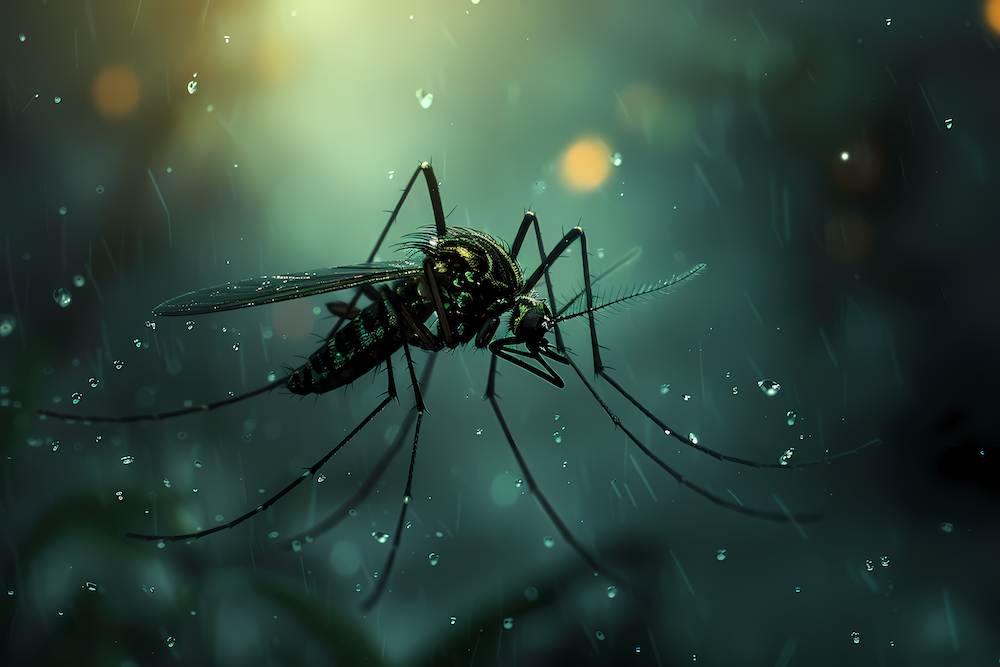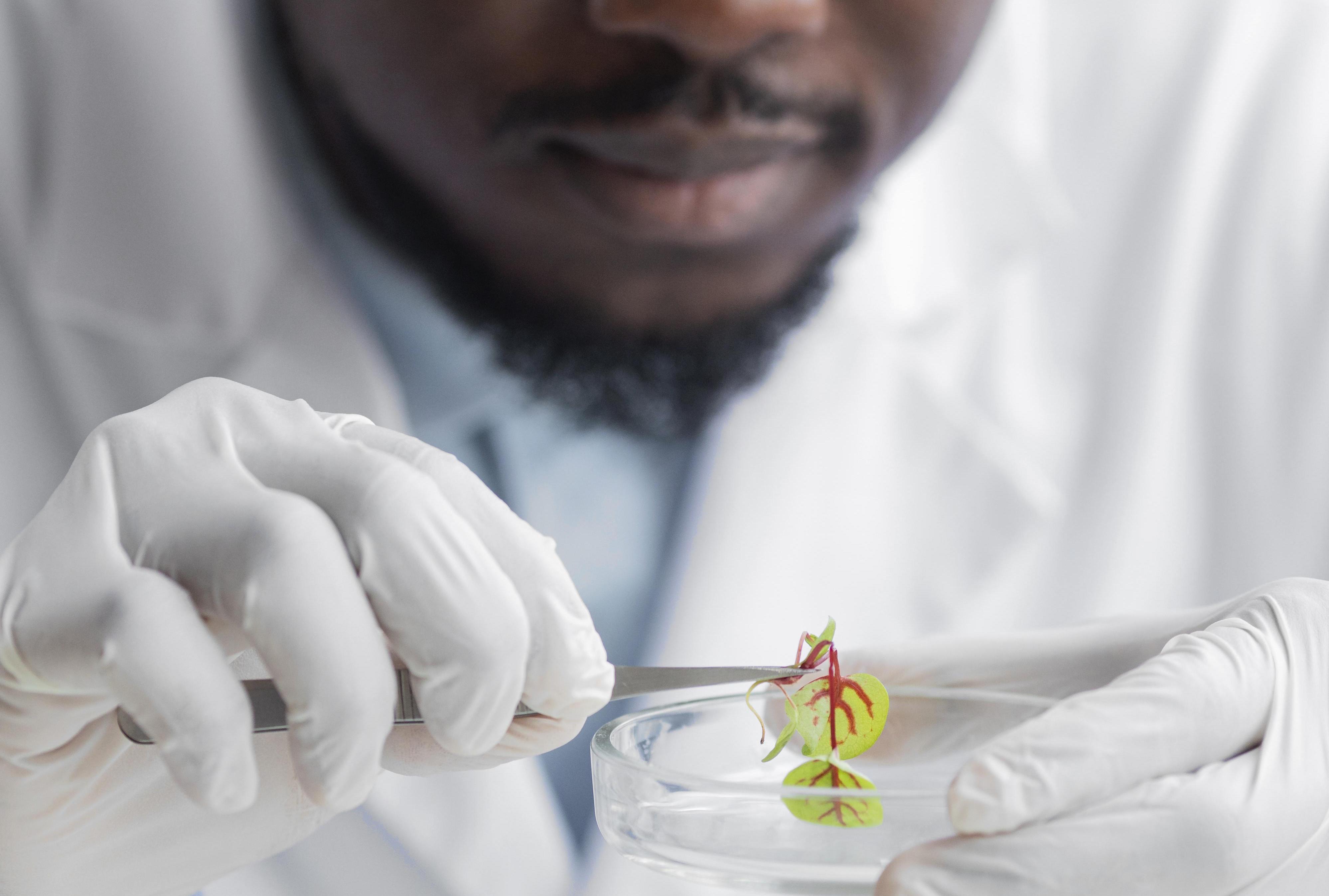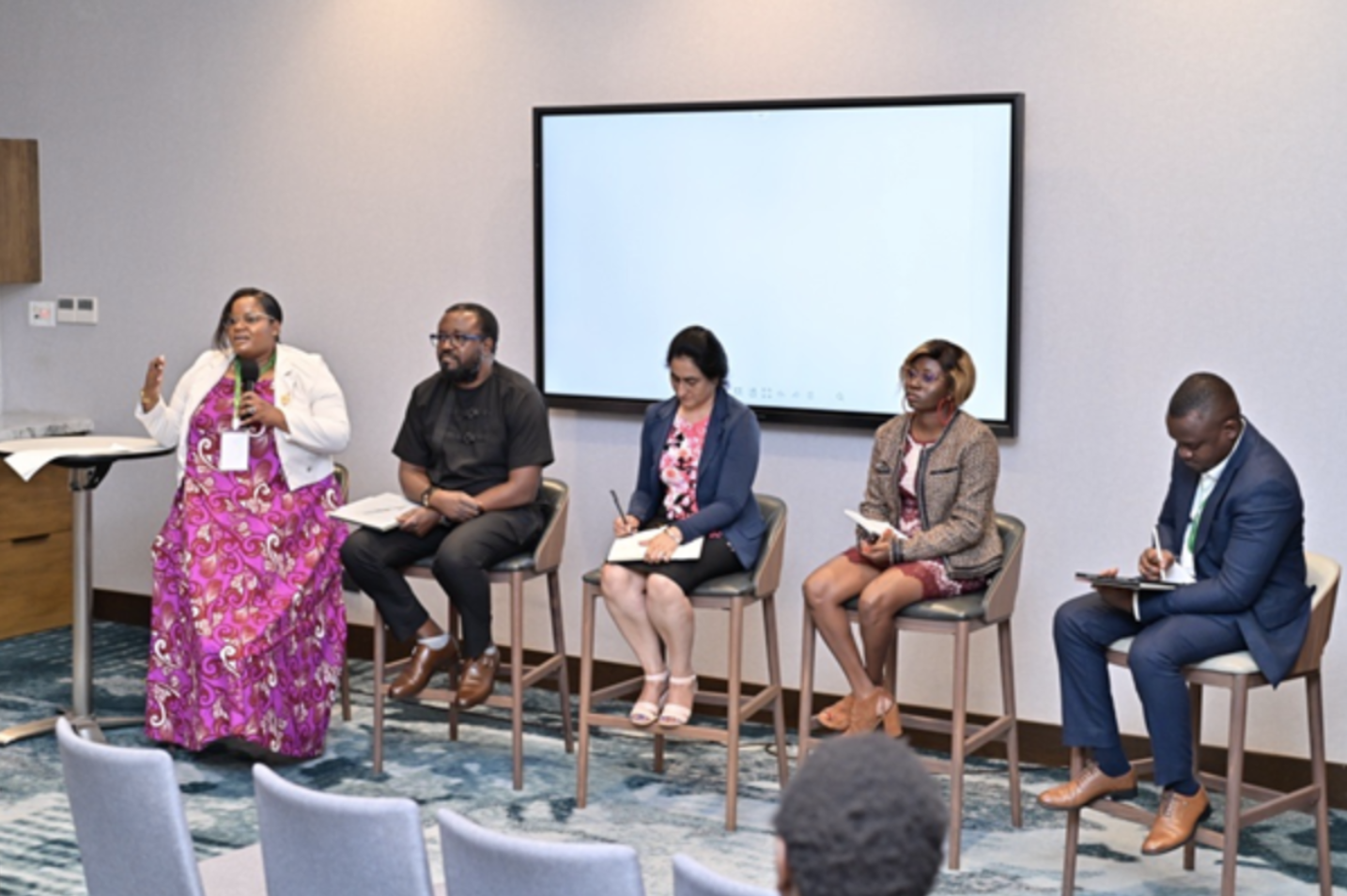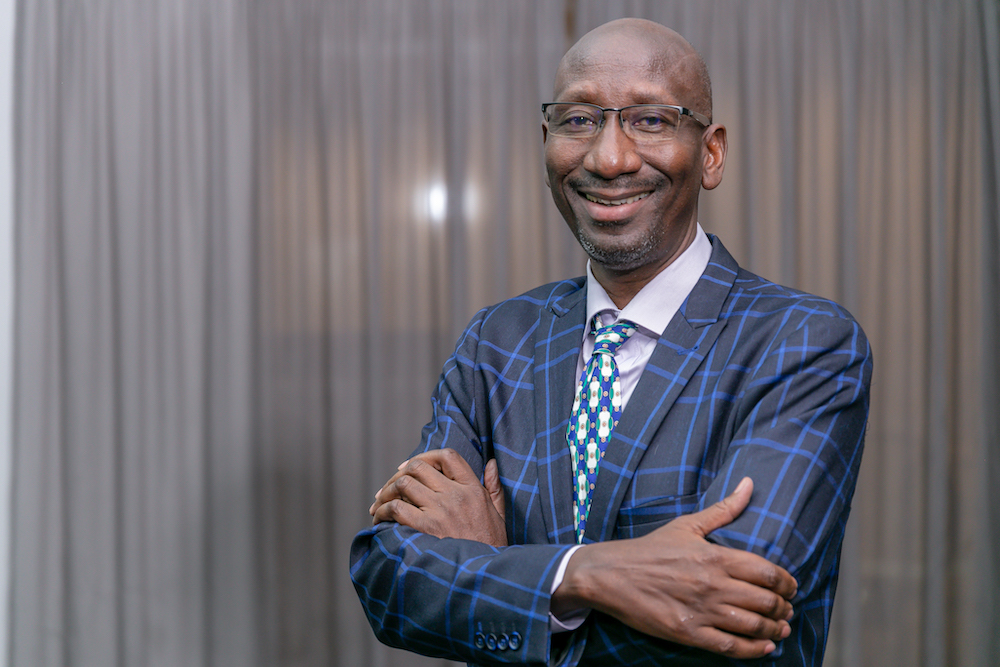
Impact Stories
Potential treatment to effectively manage, prevent and treat new malaria infections
Tuesday, July 9, 2024

By Laurent Dembele
My research funded through Grand Challenges Africa (GC Africa), has focused on non-falciparum malaria, mainly Plasmodium malariae (P. malariae), which, albeit the second most dominant parasite species causing malaria in Africa, is largely neglected. There is no guidance or policy to treat and manage P. malariae infections. Our work is to screen for active antimalarials against P. malariae to identify potential treatments that target P. malariae specifically. We also aim to guide proper and efficient management and treatment of P. malariae infections generally, and to influence national policies on disease management and prevention. We hope to go even further by influencing curricula for health professionals, and thus helping to reduce the burden of P. malariae. Even more importantly, we screen for active antimalarial clinical candidates which bear new modes of action and promising properties from the translational medicines portfolio of the Medicines for Malaria Venture (MMV). These contributions help MMV to improve drug candidate selection to inhibit all Plasmodium species and prioritize the discovery of compounds for clinical development that have the potential to contribute to disease control and elimination.
Approach
Clinical research protocols require treatment of all parasite-positive patients participating in the study screen using recommended artemether-lumefantrine (AL). It has become clear that most of the patients who are P. malariae positive return with parasites at the end of the recommended three-day AL treatment, suggesting that the treatment did not kill this parasite species. Moreover, no experimental data were available to guide rational treatment of P. malariae. This inspired us to seek funding to generate those valuable data.
Current malaria control and elimination tools, including drug treatments,do not target P. malariae, which is widespread in Africa and the southeast area of the Pacific region with a prevalence of over 30%. Like P. falciparum, P. malariae infections are associated with a high burden of anemia and can result in chronic infection if not treated effectively. P. malariae infections are associated with high morbidity of severe illness and death. These serious and widespread clinical impacts demand that P. malariae be provided similar financial investment and disease elimination strategies to P. falciparum malaria. A recent report from Victor Yman indicates a decline of P. falciparum infection in 2016, while P. malariae and P. ovale increased 2- to 6-fold. The inappropriate treatment of P. ovale sustains its transmission in Africa where the medical need is the greatest. This is a hurdle for successful malaria control and elimination. Thus, it is important to tackle P. malariae in order to eliminate it.
This research is conducted at the Malaria Research and Training Centre (MRTC), Faculty of Pharmacy, Université des Sciences, des Techniques et des Technologies de Bamako (USTTB), in Mali. As well as at the West African Centre for Cell Biology of Infectious Pathogens (WACCBIP), College of Basic and Applied Sciences at the University of Ghana. Yaw Aniweh, together with Professor Abdoulaye Djimde (Mali) and Professor Gordon A. Awandare (Ghana) are involved in the proper conduction of this study.
We have provided needed experimental data to policy makers to guide P. malariae treatment and disease control policy using reference antimalarial drugs. We have also provided key experimental data for MMV clinical candidate drugs that can be used to identify lead candidates for clinical development.
Lessons
This GCAfrica Africa work has also enabled our lab to train students, including Fanta Sogore (female), who supported drug assay work and who earned a WHO_TDR Masters Fellowship. Mohamed Maiga (male), who supported data analysis and earned PhD funding from Merck Global Health. Both fellowships are conducted under my direct supervision.
Importantly, GC Africa funds have strengthened our capacity to conduct research in another African country and institution, establishing an important collaboration among African scientists. This experience has reinforced our belief that we can work together in Africa to develop solutions to local challenges. Mentoring others, and investing in their career development along with mine, and their exposure to local, regional, and internal scientists, has been a profound and satisfying feature of this work. Improved collaboration and work with academic and non-academic partners such as Medicine for Malaria Ventures (MMV) has also furthered large project coordination across various institutions and improved mentorship within my research team.
Laurent Dembele is a grantee of the Grand Challenges Africa programme under the SFA Foundation. His research involves screening of the neglected p.malarie parasite to develop new treatment and management new infections caused by it in West Africa. Read more about his work https://gcgh.grandchallenges.org/grant/identification-compounds-targeting-specifically-plasmodium-malariae-malaria-its-elimination



